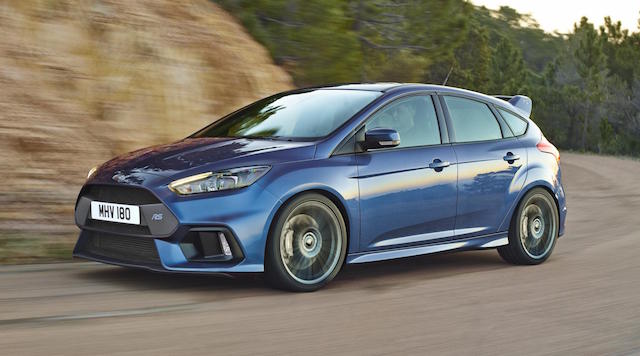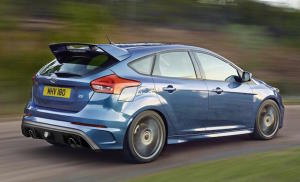
Developing technology is bringing the efficiency of petrol engines closer to that of diesels – and car buyers in New Zealand are taking note. They are not buying as many diesel passenger sedans and hatchbacks as they once did. European distributors especially have noticed the move away from diesel. Although it is slight, it is definitely trending that way, they say. It is showing up in the sales of sports utility vehicles too. Once, diesel engines were under the bonnets of three out of four SUVs, but the growth of smaller petrol-powered SUVs has started pharmacy to change the mix. It has changed it in Europe too. Sales of diesel engines have fallen behind petrol engines for the first time in decades. In the 1980s and ‘90s, diesel had upwards of 60 per cent of the European market. In canada online pharmacy 2013, it had 45.8 per cent. Last year it fell to 44.9 per cent. France recently said it would work towards a ban on diesel vehicles because of pollution risks. Sales of diesel passenger sedans and hatchbacks in New Zealand last year were down by around 750 units on 2013. Bigger diesel SUVs stayed strong, up around 400 on 2013. But petrol SUVs soared by almost 6000 registrations, thanks largely to the more compact models and technology that allows petrol engines to deliver the torque characteristics of diesels. 
